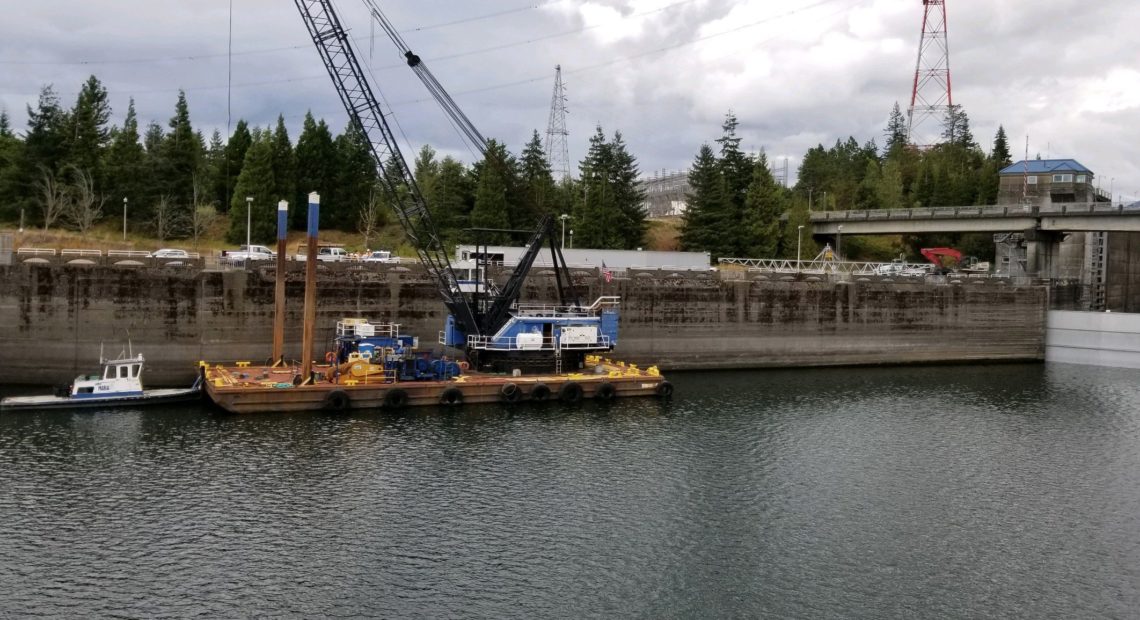
Bonneville Dam Lock Closure Stops Inland Grain Exports To Global Markets
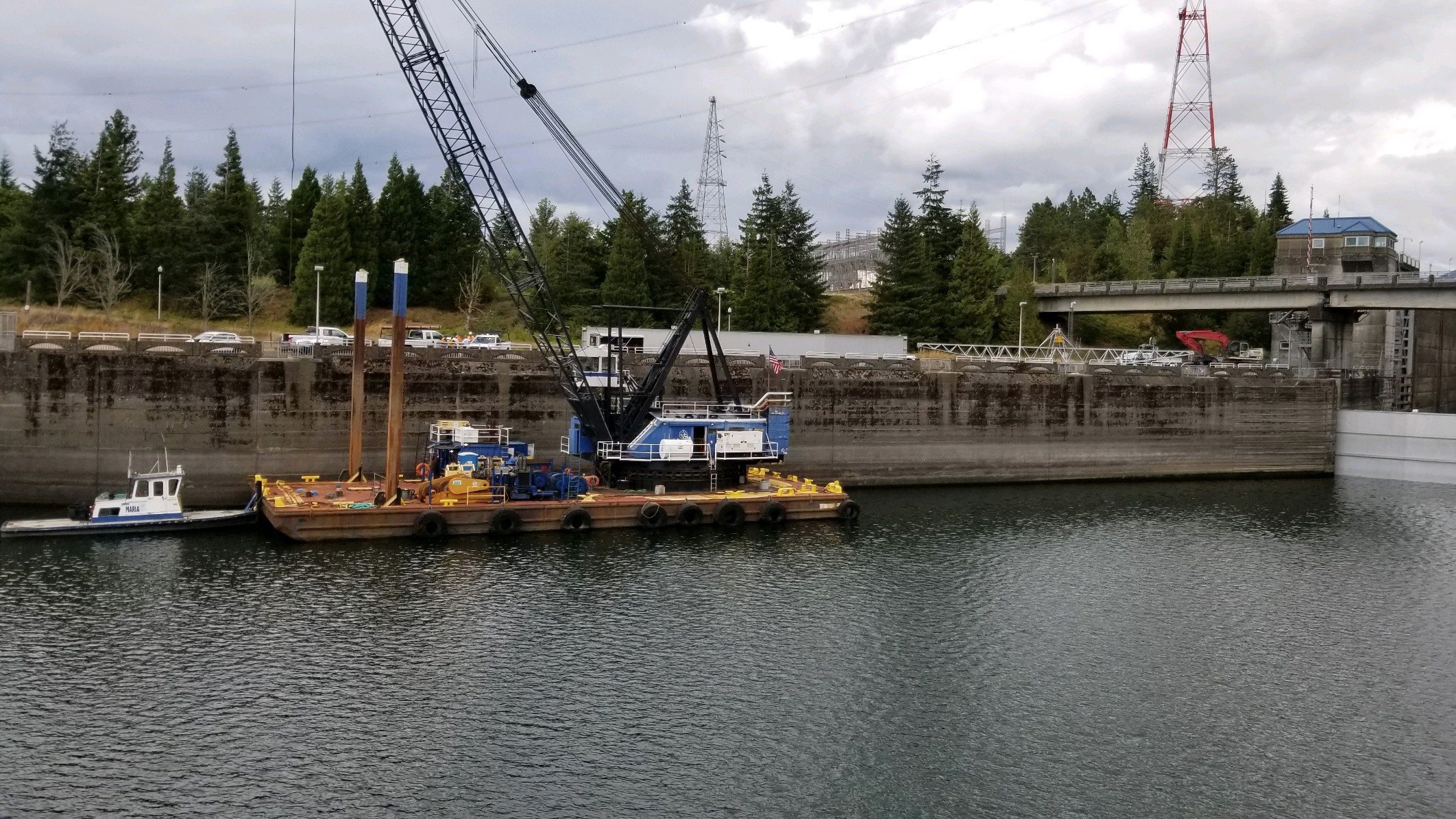
LISTEN
The Northwest’s soft white wheat harvest is in full swing, but that grain is going nowhere fast. That’s because of an emergency repair to a lock at Bonneville Dam on the Lower Columbia River.
So far, there’s no word on when the lock will reopen to barge traffic.
The bulk of the Northwest’s wheat is shipped down the Snake and Columbia rivers to Portland and Vancouver, Wash., which means all that traffic is on hold for the time being. The grain is largely exported to Pacific Rim countries.
Tug and barging company Tidewater is mooring its vessels in place on the Columbia until they get the all-clear from the U.S. Army Corps of Engineers. That creates a backup of wheat orders, according to Tidewater spokeswoman Jennifer Riddle.
“We are hopeful that the U.S. Army Corps of Engineers will have the repair done very shortly and those ripples will be very subtle,” spokesperson Jennifer Riddle said Monday.
River traffic through Bonneville has been closed since September 5 as crews assess and begin fixing what they’ve described as an issue with “the concrete sill under the downstream gate.”
As of late afternoon Monday, Sept. 9, the Corps had not announced when repairs are expected to be completed. They have said to monitor the status page and their Portland Corps Twitter feed.
The Associated Press reported Monday:
Eight million tons of cargo move inland on the Columbia and Snake rivers each year, and 53% of U.S. wheat exports were transported on the Columbia River in 2017 . . . About $2 billion in commercial cargo travels the entire system annually, according to the U.S. Army Corps of Engineers, and it’s the No. 1 export gate in the U.S. for wheat and barley and the No. 2 export gate for corn.
Related Stories:
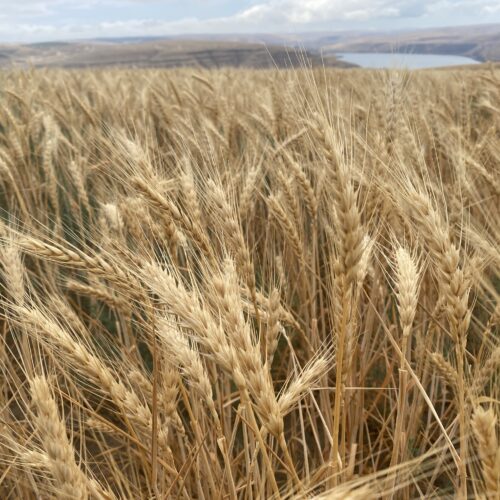
Light headed: Stressed Northwest wheat may yield disappointing harvest
A field of wheat stands straight up and lovely just uphill from the Snake River outside of Windust, Washington – but tall standing wheat can also mean that the heads
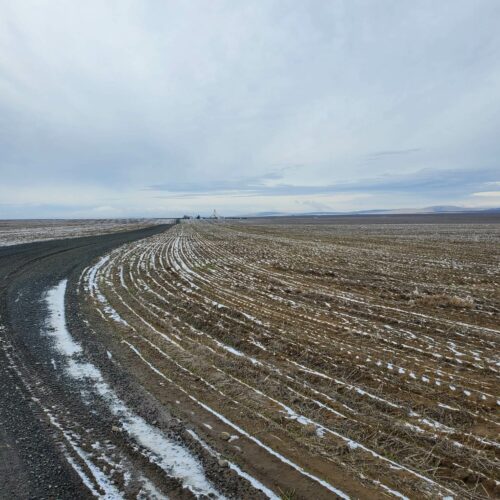
Clean energy project proposal in the Columbia Basin generates controversy and support
Driving a long gravel road on a tour of the Horse Heaven Hills. Fallow fields and wheat with mountains in the distance. (Credit: Dori Luzzo Gilmour / NWPB) Listen (Runtime
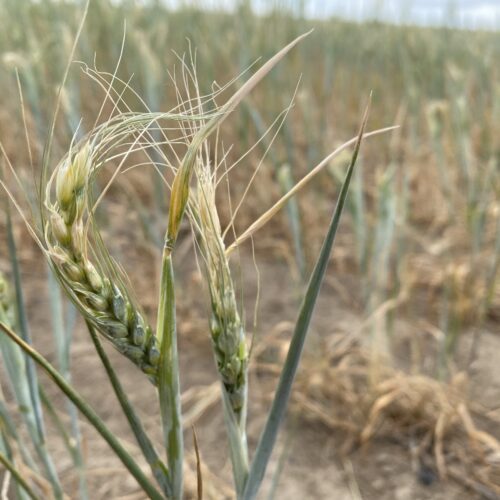
High Heat Brings High Worry About Crops, As Farmers Were Already Dealing With Drought
Northwest farmers are pouring on the water to moisten soils ahead of the triple-digit temperatures and possible record highs expected this weekend.















